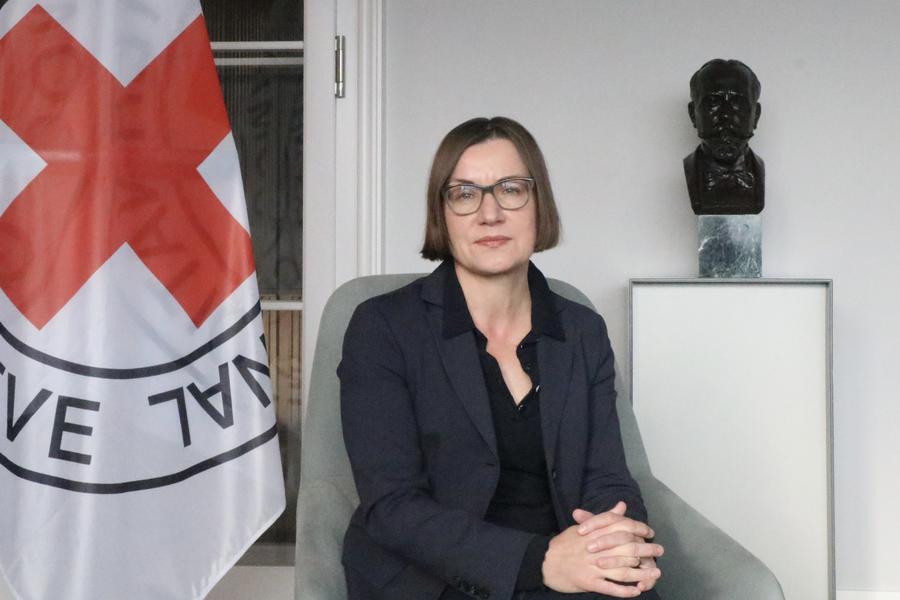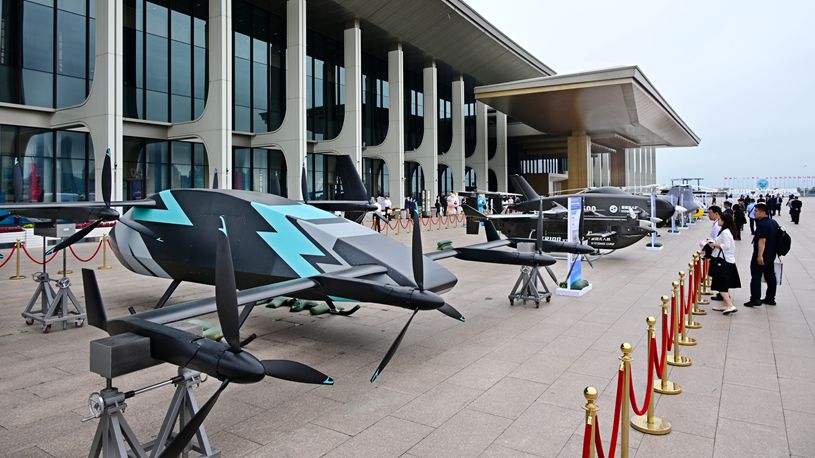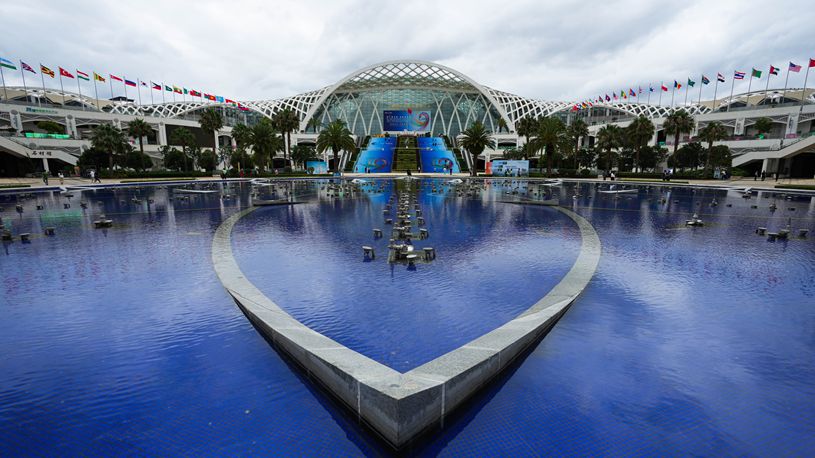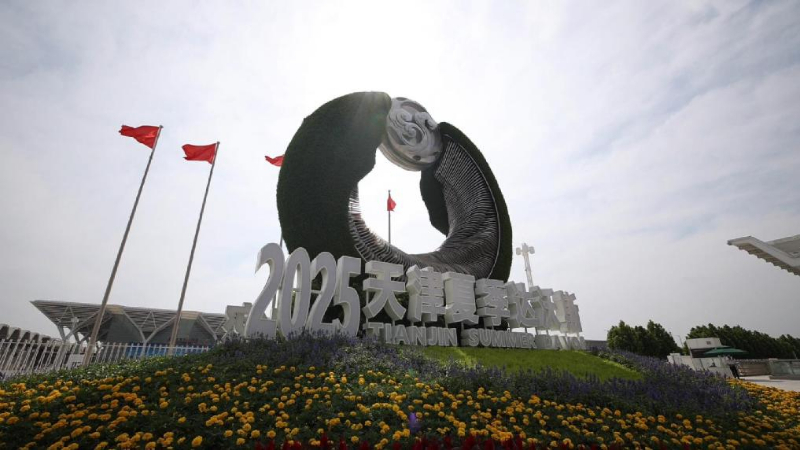Interview: ICRC head marks 20 years of cooperation with China, citing strong partnership
Source: Xinhua
Editor: huaxia
2025-06-25 20:30:16

ICRC praised China's strong partnership in promoting international humanitarian law over 20 years of cooperation, while warning of escalating global conflicts, funding shortfalls, and the urgent need to protect civilians and support humanitarian efforts worldwide.
by Martina Fuchs
GENEVA, June 25 (Xinhua) -- As the International Committee of the Red Cross (ICRC) marks 20 years of operation in China, its president praised the country as a strong partner in promoting international humanitarian law.
"It has been 20 years since we started strengthening our cooperation with China, and we have a much closer dialogue in different areas. Today, this cooperation is very strong," ICRC President Mirjana Spoljaric told Xinhua in a recent exclusive interview at the organization's headquarters in Geneva.
Spoljaric emphasized that the Red Cross greatly relies on China's global influence to help raise awareness of humanitarian principles and the need to protect civilians in armed conflict.
Founded in 1863 and based in Geneva, the ICRC holds a unique mandate under the Geneva Conventions to protect victims of international and internal armed conflicts. The organization operates in more than 90 countries and employs around 18,000 staff members globally.
Its Regional Delegation for East Asia opened in Beijing in July 2005.
Since then, the ICRC has deepened its collaboration with Chinese institutions, focusing on humanitarian dialogue, the promotion of international humanitarian law, cooperation with military and police forces, global health, humanitarian forensics, and relief procurement for international operations.
Spoljaric highlighted the significance of the partnership with the Red Cross Society of China, calling it "equally important." She also noted that the ICRC is working closely with the China International Development Cooperation Agency to identify ways to bridge humanitarian assistance and long-term development.
The ICRC and China have pledged to continue working together to address the urgent needs of conflict-affected populations, aiming for peace, stability and development.
The ICRC is currently operating in some of the world's most volatile conflict zones, including Afghanistan, Ethiopia, among others.
The president noted the severe humanitarian situations in Gaza and Sudan, with major efforts ongoing in East Africa and across the Middle East.
According to the ICRC, approximately 130 armed conflicts are active worldwide, a figure that has steadily climbed -- particularly since the early 2000s -- driven largely by a rise in non-international armed conflicts.
"What we are observing at the moment is a very dangerous compilation of intense conflicts," Spoljaric said. "We need to remain operational under pressure in all these different contexts of international or national conflicts, and be able to deliver both humanitarian assistance and protection for civilians."
Spoljaric warned of escalating instability in the Middle East, where simultaneous conflicts are converging at a dangerous pace.
"The Middle East is facing a dangerously accelerating convergence of devastating conflicts," she said. "The expansion of military operations risks triggering a crisis that could spiral out of control, with global ramifications. Every effort must be made to de-escalate and prevent further suffering."
Even as global needs intensify, funding for humanitarian organizations is drying up. Spoljaric said the ICRC is seeing a fundamental shift in how governments prioritize spending, with increased military budgets often coming at the expense of international aid.
"Funding is decreasing," she said. "It has been decreasing for a few years now, but we are currently experiencing a real change in how governments plan to invest in the future."
She stressed that governments should not reduce humanitarian aid unless they commit to reducing conflict.
The ICRC, which is funded primarily by government donations and contributions from National Red Cross and Red Crescent Societies, has appealed for 2.17 billion Swiss francs (2.7 billion U.S. dollars) for its 2025 operations.
"What we see is an increase in violence and armed conflicts between states, not only non-state actors," Spoljaric said. "This creates a lot of humanitarian pressure, both in terms of human suffering, human loss, but also loss of infrastructure and vast destruction."
"You cannot invest in defense and ignore the humanitarian impact that military operations have when they start," she added.













Comments